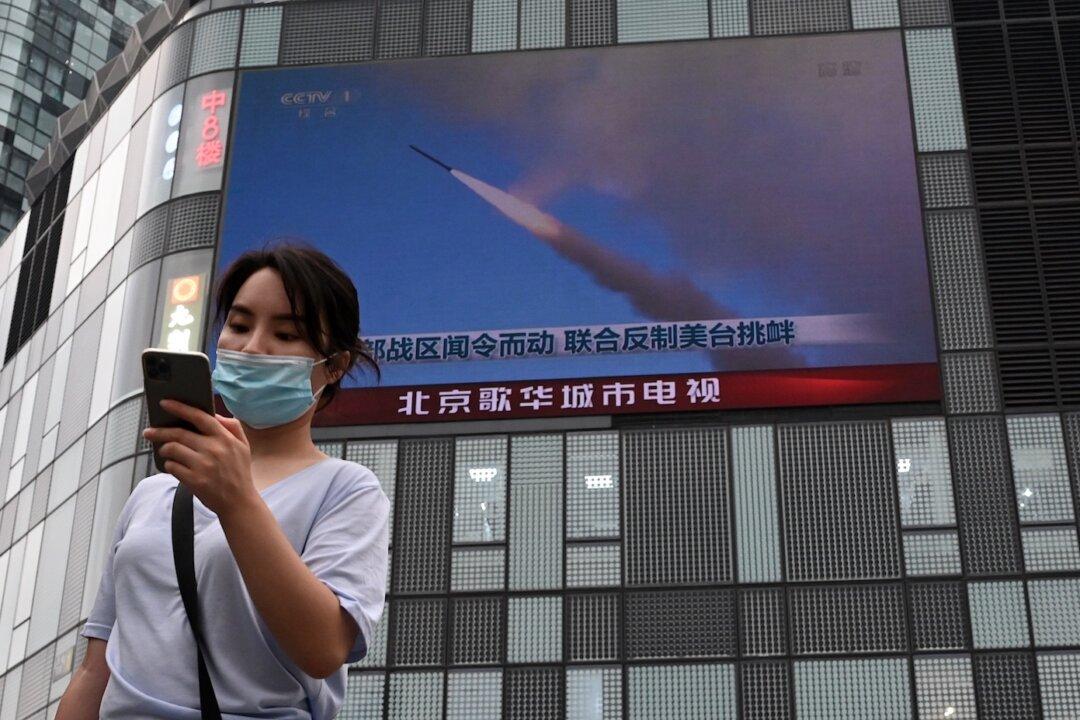Cyberattacks crashed the website of Taiwan’s Defense Ministry and paralyzed its service not long after House Speaker Nancy Pelosi wrapped up her visit to the Chinese-claimed island on Wednesday.
The Military News Agency reported Thursday that the ministry’s website was taken offline by “denial-of-service attacks,” which disrupted the service with excessive traffic from 11.40 p.m. to 12.30 a.m. local time.





